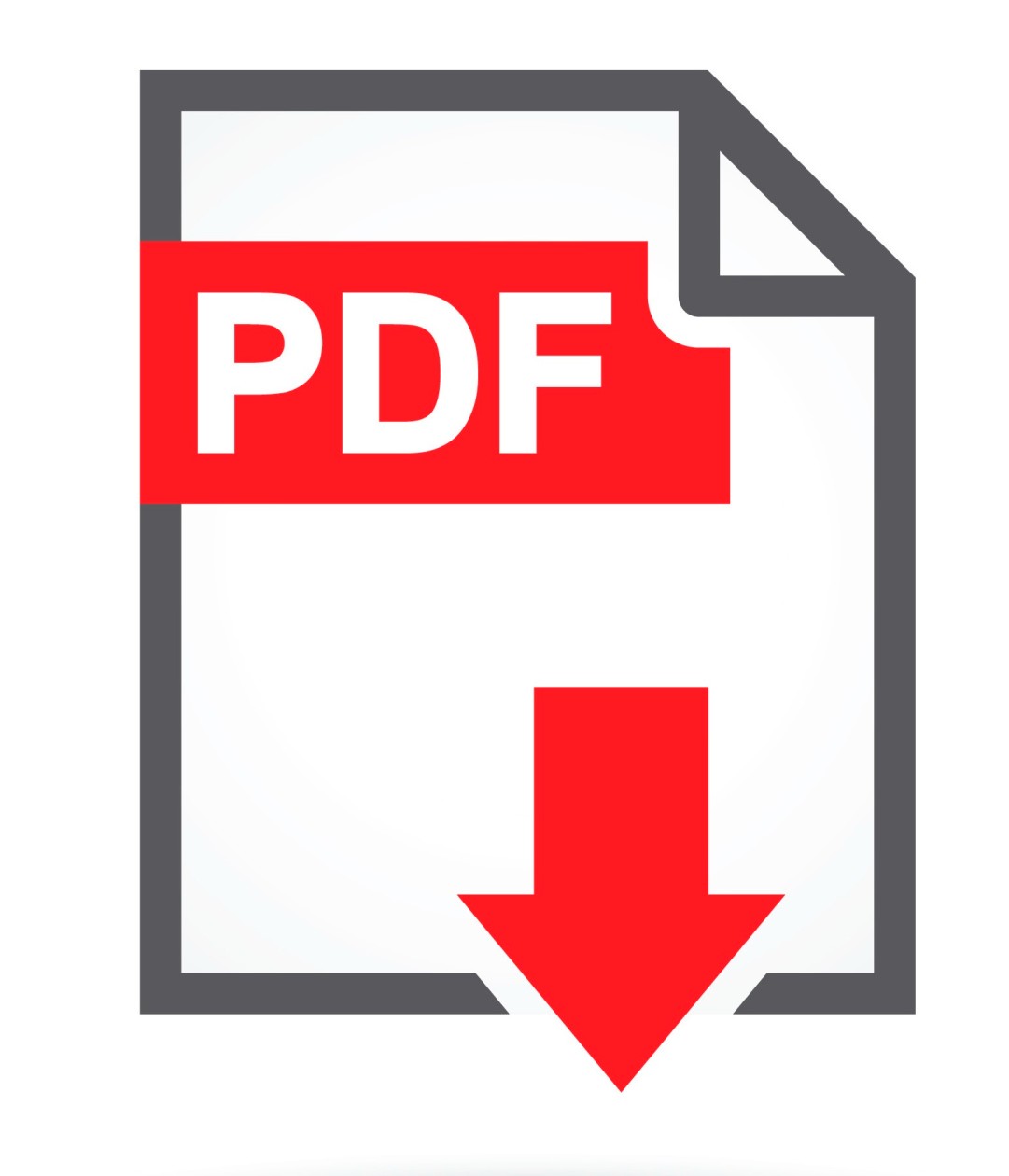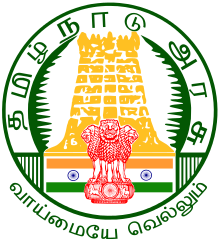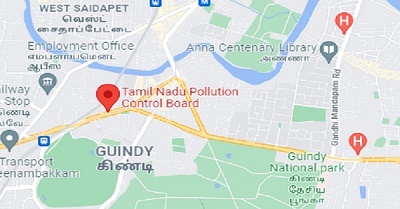MENUS
- Act & Rules
- Power Delegation
- Board Proceedings
- Public Interest G.Os
- Fees Details
- 17 Category
- NGT Orders-River Rejuvenation
- NGT Court Cases
- Petcoke
- Waste Management
- Consent / Auth Status From Jan 2015
- Centralized Extended Producers Responsibility Portal for Plastic Packaging
- Environment and Pollution Control Laws
- Environment Awarness Reports
- COVID-19 Bio-Medical Waste Collection and Disposal
- Translated versions of the Draft EIA Notification 2020 published by MoEF & CC
The Ministry of Environment, Forest and Climate Change, Government of India has notified the Bio-Medical Waste Management Rules, 2016. As per the rules, bio-medical waste means any waste, which is generated during diagnosis, treatment or immunization of human beings or animals or research activities pertaining there to or in the production or testing of biological or in health camps. The bio-medical waste generator and the operator of the common bio-medical waste treatment and disposal facility (CBMWTF) shall be responsible for safe handling and disposal of the bio-medical waste. The State Government of Health shall ensure for implementation of the rule in all health care facilities.
SPCB shall issue authorization to the health care facilities and CBMWTF. It shall monitor the compliance of various provisions of the rules. TNPCB has so far authorized 25426 Private and Government hospitals in the State under the rules. All these hospitals have made agreement with the CBMWTF for the collection, transport, treatment and scientific disposal of the biomedical waste. The CBMWTF consists of autoclave, shredder, incinerator and secured land fill facilities. In Tamil Nadu, 10 CBMWTFs are under operation. On an average, daily 35 Tonnes of bio-medical waste is handled by these facilities. There are 3 such facilities in the districts of Gummidipoondi, Hosur and Tiruppur Districts are under establishment.
- Bio Medical Waste Management(Amendment) Rules 10.05.2019
- Bio Medical Waste Management(Amendment) Rules 19.02.2019
- Bio Medical Waste Management(Amendment) Rules 16.03.2018
- Bio Medical Waste Management Rules 28.03.2016
BMW Rules
- Guidelines for Monitoring Compliance of Common Biomedical Waste Treatement Facilities by State Pollution Control Boards/ Pollution Control Committees
- Guidelines for Bar Code System for Effective Management of Bio-medical Waste
- Revised Guidelines for Common Bio-medical Waste Treatment and Disposal Facilities
- Guidelines for Management of Healthcare Waste as per Biomedical Waste Management Rules,2016
- CPCB Guidelines for Imposition of Environmental Compensation Charges against Healthcare Facilites and Common Biomedical Waste Treatment Facilities
- Guidelines for Handling of Biomedical Waste for Utilization
- Guidelines for Continuous Emission Monitoring Systems
- Guidelines for Handling, Treatment and Disposal of Waste Generated during Treatment/Diagnosis/Quarantine of COVID-19 patients - Revision-5
BMW Guidelines
- Annual Report - 2023
- Annual Report - 2022
- Annual Report - 2021
- Annual Report - 2020
- Annual Report - 2019
Annual Reports
Details of Common Bio-medical waste Treatment and disposal facilities (CBMWTFs) under operation in Tamil Nadu 
Useful Links
Apply
for Authorisation under BMW Rules 2016View
Authorisation granted under BMW Rules 2016The Ministry of Environment, Forest and Climate Change, Government of India, New Delhi notified the Battery Waste Management Rules, 2022 on 22/08/2022 in supersession of the Batteries (Management and Handling) Rules, 2001 under the provisions of the Environment (Protection) Act, 1986. These Rules apply to Producer, Dealer, Consumer of batteries, Entities involved in collection, segregation, transportation, re-furbishment of used batteries and recycling of waste batteries. These Rules apply to all types of batteries regardless of chemistry, shape, volume, weight, material composition and use.
As per the Rules, Producer shall register through the online centralised portal of Central Pollution Control Board (CPCB) in Form-1(A) and obtain ‘Certificate of Registration’ from CPCB in Form-1(B). Producer shall have the obligation of Extended Producer Responsibility for the Battery that they introduce in the market to ensure the attainment of the recycling or refurbishing obligations.Producer shall also have the obligation with respect to the minimum use of domestically recycled materials in new battery as per the target mentioned. Refurbisher of used batteries and Recycler of waste batteries shall register with State Pollution Control Board (SPCB) on the centralised portal of CPCB in Form 2(A) and obtain 'Certificate of Registration' from SPCB in Form 2(B).
Useful Links
The MoEF&CC, GoI has revised the E-Waste (Management) Rules, 2016 and notified the E-Waste (Management) Rules, 2022 in November, 2022 and the same is in force since 1st April, 2023. These new rules intend to manage e-waste in an environmentally sound manner and put in place an improved Extended Producer Responsibility (EPR) regime for e-waste recycling wherein all the manufacturer, producer, refurbisher and recycler are required to register on portal developed by CPCB. The new provisions would facilitate and channelize the informal sector to formal sector for doing business and ensure recycling of E-waste in environmentally sound manner. These rules also promote Circular Economy through EPR regime and scientific recycling/disposal of the e-waste.
- SOPs for E-Waste Recycler Registation
- SOPs for grant of registration to Producers under E-Waste(Management)Rules, 2022
- SOPs for E-Waste Manufacturer [Information Required for Registration of E-Waste Manufacturer on the Portal under E-Waste(Management)Rules, 2022]
- SOPs for E-Waste Refurbisher [Information Required for Registration of E-Waste refurbisher on the Portal under E- Waste(Management)Rules, 2022]
Useful Links
The Ministry of Environment, Forest and Climate Change, Government of India, New Delhi has notified the Hazardous and Other Wastes (Management and Transboundary Movement) Rules, 2016 under the Environment (Protection) Act, 1986. As per the rules, hazardous waste means "any waste which by reason of characteristics such as physical, chemical, biological, reactive, toxic, flammable, explosive or corrosive, causes danger or is likely to cause danger to health or environment,whether alone or in contact with other wastes or substances". The hazardous waste generator shall follow the steps namely prevention, minimization, reuse, recycling, recovery, utilization including co-processing and safe disposal of hazardous waste. SPCB shall grant authorization for handling the hazardous wastes....
TNPCB has identified 4199 units generating hazardous wastes and issued authorization under the rules. In Tamil Nadu about 7.9 lakhs tons of hazardous waste is annually generated in which 0.82 lakhs tones is landfillable, 1.23 lakhs tones is recyclable, 5.75 lakhs tones is utilizable and 0.09 lakhs tones is incinerable. The Board is taking effective steps in handling and management of hazardous wastes, its treatment and disposal in an environmentally safe manner.
TNPCB has taken pioneering efforts to utilize the hazardous waste generated from Common Effluent Treatment Plants (CETPs) of textile processing units as fuel/raw material for co-processing in the cement factories. So far, about 1.68 lakhs Tonnes of ETP sludge have been disposed to various Cement industries for co-processing. Similar trails are being taken-up for using hazardous waste generated from tannery CETPs in co-processing in the cement industries. Two hazardous waste pre-processing facilities are functioning in Tamil Nadu, one at Ranipet district and another at Villupuram district. These two facilities pre-process the hazardous wastes so as to use as alternate fuel for co-incineration in cement kiln. For scientific disposal of hazardous wastes, two common hazardous waste Treatment Storage and Disposal Facilities (TSDFs) are in operation, one TSDF at SIPCOT Industrial Estate, Gummidipoondi, Tiruvallur district and another TSDF at Unduorumikidakulam village in Virudhunagar district.read more
- List of Traders authorised for import of other wastes under Part –D of Schedule III of HOWM Rules, 2016 on behalf of actual user, during 2019-2020
Specific Link
List
of Registered Spent Solvent Recovery unitsList
of Industrial Material Identified as By-productUseful Links
Apply
for Authorisation under HOWM Rules 2016 View Authorisation granted under HOWM Rules 2016Generate
MANIFEST online for transport of hazardous wasteThe Ministry of Environment, Forest and Climate Change, Government of India has notified the Solid Waste Management Rules, 2016. As per the rules, solid waste means solid or semi solid domestic waste, sanitary waste, commercial waste, institutional waste, catering and market waste and other non-residential wastes, street sweepings, silt removed or collected from surface drains, horticulture waste, agriculture and dairy waste, treated bio-medical waste excluding industrial waste, bio-medical waste and e-waste, battery waste, radio-active waste generated in the area under the local authorities. As per the rules, the local bodies are responsible for the collection, treatment and disposal of solid wastes. The Board is the monitoring authority under the said rules and is responsible for granting authorization to local bodies for processing and disposal of solid waste.
In Tamil Nadu there are 12 Corporations, 124 Municipalities and 528 Town Panchayats. In total the solid waste generation is 14,600 Tonnes per day. The Greater Chennai Corporation generates 5000 TPD, 11 Corporation and all Municipalities generates about 7600 TPD and all the town panchayat generates 2000 TPD. The Board is advocating the concept of waste segregation at source, waste reduction, recycle and reuse to avoid any environmental issues during handling.
The Ministry of Environment, Forest and Climate Change, Government of India has notified the Plastic Waste Management Rules, 2016. As per the latest annual report, the estimated plastic waste generated from 15 Corporations, 121 municipalities and 528 Town Panchayats of Tamil Nadu is around 1178 tons/day, out of which 96% is collected and segregated by the respective urban bodies in which the recyclable plastic waste are sold to the recyclers and non-recyclable plastic waste are sent for co-incineration in cement plants.
As per Rule 13 of Plastic Waste Management Rules, the plastic manufacturers shall obtain Registration from the Board. The Board has issued registration to 27 compostable plastic manufacturing units, 230 plastic waste recycling units. The Board submits the annual report in Form-VI to the CPCB.
Ban on one time Use and Throwaway Plastics
The Government vide G.O.(Ms) No.84 Environment and Forests (EC.2) Department dated 25.06.2018 have issued orders by banning fourteen types of ‘use and throwaway plastic items irrespective of thickness. The ban is in effect from 01.01.2019.
The Board in co-ordination with line departments took various actions for effective implementation of the ban on plastics, which includes awareness programmes through regional conferences, district environmental committee meetings, rallies at district headquarters, messages through social media, display board in national highway toll gates etc.
In order to intensify the plastic ban and in compliance with the orders of the Hon’ble High Court of Madras, the Government vide G.O. (Ms). No. 37 Environment and Forests (EC.2) Department, dated 05.06.2020 has issued orders by banning the use of plastic in primary packaging also. As part of action on violators, the Board issued orders for closure of 115 units who manufactured banned plastic items.
Plastic Waste Management (Amendment) Rules, 2021
The Ministry of Environment & Forests, Climate Change, Govt. of India vide notification dated 12.08.2021 has issued Plastic Waste Management (Amendment) Rules, 2021 in which certain Single Use Plastic items such as plastic/PVC banners less than 100 microns, cutlery items, ear buds with plastic sticks, plastic sticks for balloons, plastic flags, candy sticks, ice-cream sticks, polystyrene [Thermocol] for decoration, plates, cups, glasses, etc are prohibited from 01.07.2022. Also, plastic carry bags less than 75 microns and non-woven plastic carry bags less than 60 Gram Per Square Metre (GSM) shall be prohibited from 30.09.2021 and plastic carry bags less than 120 microns shall be prohibited from 31.12.2022.
District wise Plastic waste Recycler Unit
| District | View | District | View | District | View |
|---|---|---|---|---|---|
| Ariyalur | View | Chengalpattu | View | Chennai | View |
| Coimbatore | View | Cuddalore | View | Dharmapuri | View |
| Dindigul | View | Erode | View | Kallakurichi | View |
| Kanchipuram | View | Kanniyakumari | View | Karur | View |
| Krishnagiri | View | Madurai | View | Mayiladuthurai | View |
| Nagapattinam | View | Namakkal | View | Nilgris | View |
| Perambalur | View | Pudukkottai | View | Ramanathapuram | View |
| Ranipet | View | Salem | View | Sivagangai | View |
| Tenkasi | View | Thanjavur | View | Theni | View |
| Thoothukudi | View | Tiruchirappalli | View | Tirunelveli | View |
| Tirupattur | View | Tiruppur | View | Tiruvallur | View |
| Tiruvannamalai | View | Tiruvarur | View | Vellore | View |
| Villupuram | View | Virudhunagar | View |
Manufacturers of Manajapai
Click Here
Useful Links
Apply
for Authorisation under Plaste Waste Rules 2016 View Authorisation granted under Plastic waste Rules 2016Annual Reports
The Ministry of Environment, Forest and Climate Change, Government of India has notified the Construction and Demolition Waste Management Rules, 2016. These Rules are notified exclusively to manage waste from construction activities. These Rules apply to every waste resulting from construction, re-modeling, repair and demolition of any civil structure of individual or organization or authority, which generates construction and demolition wastes such as building materials, debris and rubble. According to the Rules, the local bodies need to ensure proper management of construction and demolition wastes. State Pollution Control Board is to grant authorization for the waste processing facility and to monitor the implementation of these Rules.



